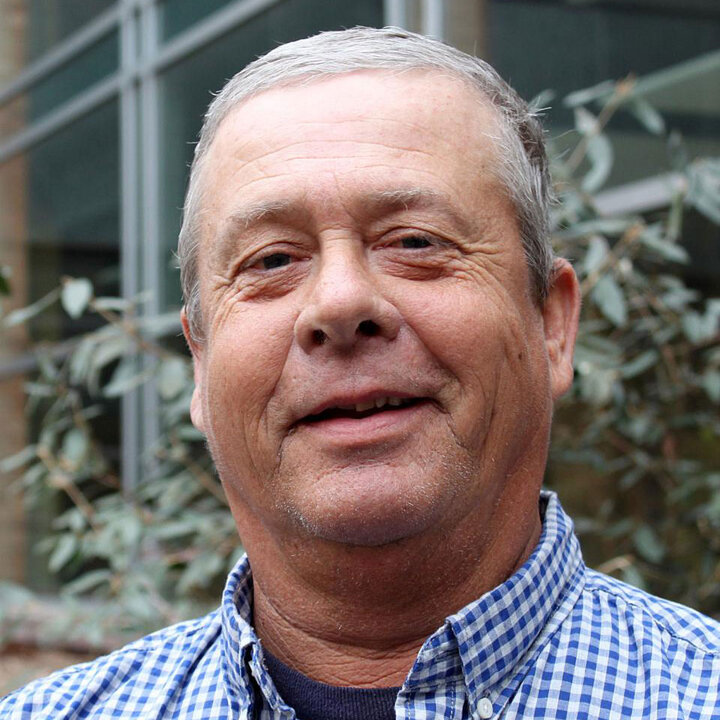Research Farms
The University of Nebraska research farms managed by the Department of Agronomy and Horticulture provide university faculty and students access to over 1960 acres of dryland and irrigated fields for research.
Our research fields include:
- 60 acres on the north and east sides of Nebraska’s East Campus in Lincoln – used mainly for hand crossing in plant breeding, small plot research and as a field classroom.
- 800 acres of mainly dryland fields on the northeast edge of Lincoln (often referred to as Havelock Farm). These fields are used for larger plot work, graduate student research plots and are an approved area for the use of drones (farm is outside the 5-mile limit from the airport).
- 1100 acres at the University of Nebraska Eastern Nebraska Research and Extension near Mead, Nebraska. These fields include approximately 500 acres of irrigated acres and 600 acres of dryland and are used for larger plot work where irrigation is required or to compare irrigated to non-irrigated acres.
T. J. McAndrew, research and facility coordinator, works with research mangers Jenny Stebbing and Greg Teichmeier to manage the research fields. For day-to-day operations, Stebbing oversees the East Campus and Havelock acres and Teichmeier oversees the ENREC fields.
Department faculty must request land and inputs needed for the upcoming season in early February prior to the team’s yearly planning meeting so space and needs for each field can be coordinated.
Costs include:
- $260 per acre irrigated charge and $200 per acre dryland – includes primary tillage, any pre-emergent herbicide and the labor to operate the equipment.
- Rental of some plot equipment such as 2, 4, and 6 row packet planter and an RTK enabled tractor to pull them. The facilities team supplies a driver but the researcher provides the labor to treat, count and ride the planter to dump seed packets.
- A small fleet of tractors can be rented by the hour or the year for researcher use.
Contact McAndrew, Stebbing or Teichmeier with questions and to reserve equipment.

